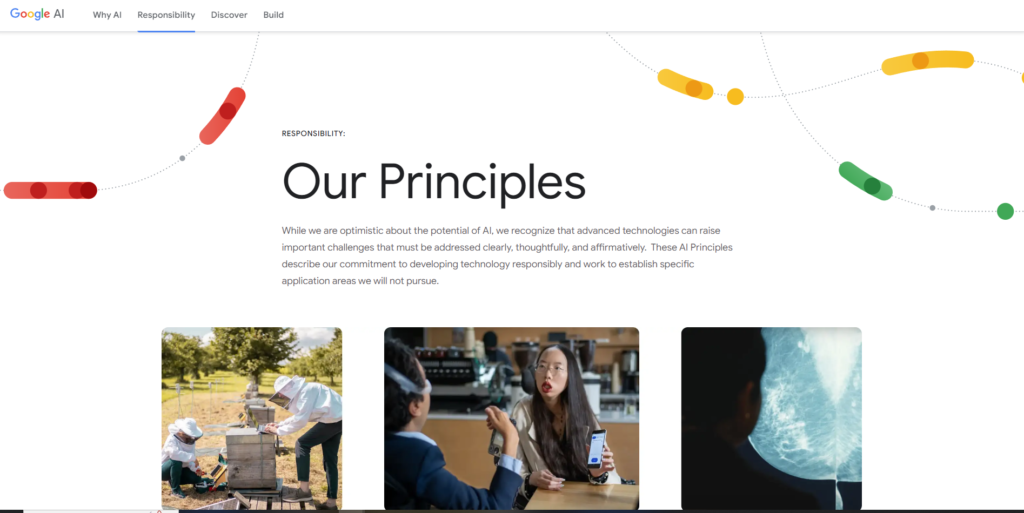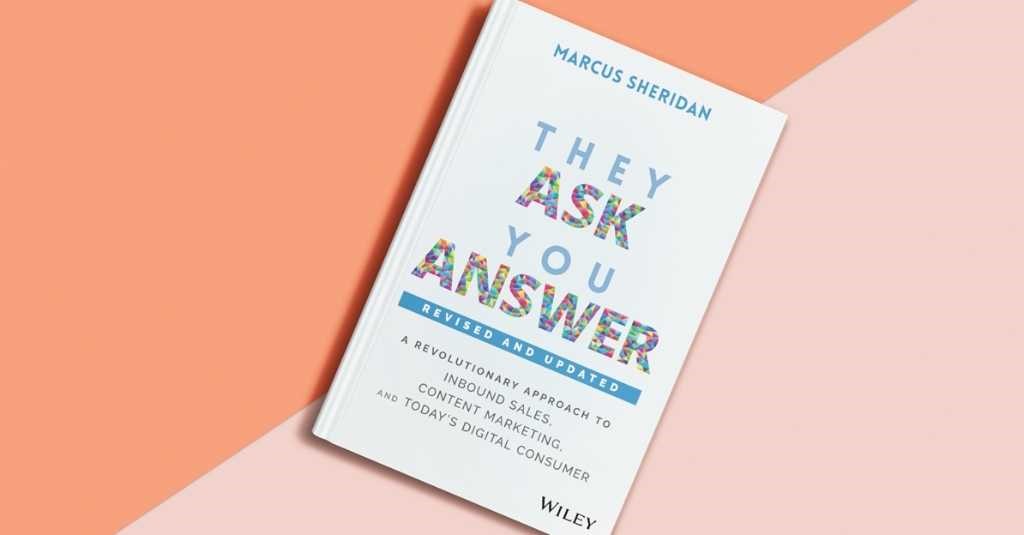AI is reshaping business, there’s no doubt about that. But have you stopped to think about its implications? As a leader, it’s crucial to ask: Do you have an AI policy at your company? You might be thinking, ‘Well, do we even need an AI policy?’
You probably don’t need a public facing AI policy. Afterall, AI is evolving so fast, if you state your policy now, you might have to backtrack later on.
Instead, what you do need is guidelines to empower your team with the knowledge to integrate AI in your business without compromising on company values.
In this article, you’ll learn why an AI policy is important and how you can develop one.
What is an AI Policy?
An AI policy is a set of guidelines and principles that a company adopts to govern the use of Artificial Intelligence (AI) within its operations.
AI Policies can be internal policies for just your team, or they can be public facing. You can also create an AI policy for internal use, and a separate one for the public.
The downside of creating a public facing AI policy is that everything is moving very fast because the tech is advancing quickly. This means that you’ll likely have to backtrack whatever you state now, because things may be different in the years to come.
An AI policy can detail:
- General Guidelines when using AI
- When to use AI in the company
- When not to use AI
- What details you can and can’t share with AI (for example, you might specify that it’s against policy to share company financials with AI like ChatGPT)
- Recommendations for secure tools
Here’s an example of what public facing AI policies might look like:
- NSW Government AI Policy
- Google AI Policy (note that Google also has a separate AI policy for the development of AI, since they not only use, but also develop AI tech)

Why Do You Need an AI Policy?

There are several reasons, including:
- Company Values: Ensures the use of AI aligns with your company values
- Regulatory Compliance: Governments around the world are starting to introduce regulations governing AI. Companies need policies to ensure they comply with these laws, avoiding fines and legal challenges
- Educates Employees: Shows employees how best to use the AI tools for your company and encourages the use of AI where it might have previously not been sought out or used by employees, which may result in saved resources
- Protects Your Company from Data Leaks: An AI policy sets the standard for what private company information employees are and aren’t allowed to give to AI (such as company financials)
- Ethical Considerations: AI systems can have significant impacts on society, raising ethical questions around privacy, autonomy, and fairness. Companies are increasingly aware that they need to address these concerns proactively
- Builds Public Trust: As the public becomes more aware of AI and its potential risks, companies need to demonstrate their commitment to responsible AI practices to maintain trust and protect their brand image
- Competitive Advantage: Ethical and responsible AI practices can be a source of competitive advantage, attracting customers and talent who value these principles
The bottom line: you need an AI policy. So, how can you make one?
How to Develop an AI Policy for Your Business?
Step #1: Explain the why
Explain why your company is developing an AI Policy and what the purpose of it is. If it doesn’t feel relevant to your employees, how can you expect them to pay attention to the new policy?
This could be something as simple as writing: “We want to make sure that as we use AI we keep our company values front and centre. On top of this, we want to share with you the do’s and don’ts of AI usage and offer some recommendations on the best AI tools to take advantage of.”
Something like this helps your team see the why behind the policy, so they’ll pay more attention to the rest of what you have to say.
Step #2: Start with your values
Before you discuss any general guidelines, start with your values. Talk about how the use of AI should align with your company values. How you do this will depend on your unique values.
But, let’s say for example that you value transparency. Then, this section might explain that AI usage should involve fact-checking all output for accuracy and providing citations where necessary, rather than over-relying on AI.
Your company values will determine how you write this section.
Step #3: State the don’ts
This is the next most important thing to mention. This is where you should mention the things your company absolutely does not condone when using AI.
For example, it might include not sharing certain types of information with AI, like company financials or customer information Or, it might be that certain types of sales communication should never use AI.
Whatever the don’ts are for your company, list them out here, as clear as possible.
Step #4: List the use cases
Next, you’ll want to list the use cases for AI. This section should answer one looming question: ‘When should I be using AI?’
This section is less about giving permission to your employee to use AI, and more about encouraging them to use AI in different areas of their work.
Remember, this tech is new. While you may be thinking about all the innovative ways to use AI in your business, it doesn’t mean everyone else is. This section is a chance for you to share those innovative places where AI can be used.
This section could be as simple as a very short dot point list, or it could be a more detailed list with instructions, explanations and examples. It all depends on what your use cases are.
Step #5: Provide general guidelines
The next step is to provide general guidelines on using AI. But, what general guidelines should you even include?
Well, here’s a good starting list for your general guidelines (feel free to copy and paste these):
- Human Editing: Every piece of content needs to be human-reviewed before it is published. Even with advanced tools, human review of content is essential to ensure it aligns with our voice and objectives
- Fact-Checking: Fact check every claim you make. AI can unintentionally fabricate information. Rigorous verification of facts, references, and sources is crucial to maintain credibility
- Check for Plagiarism: Regularly use tools like DupliChecker to ensure AI-generated content is original. High standards for plagiarism are necessary to prevent unintentional content theft
- Bias Awareness: Stay mindful of potential biases in AI-generated content. It’s important to share genuine opinions and insights from your team, and sometimes AI can miss this
- Never lose sight of the primary purpose of content: Educating buyers and gaining their trust. AI is a tool to expedite this process, but we shouldn’t forget our primary goal
- Test Each Tool Before You Use It: There’s too many new tools coming out to count. Test each tool before you use it and evaluate whether it’s suitable for work or not. If you’re unsure, don’t use it – there’s probably an alternative
- Data Security: Be cautious with sensitive information in AI tools. Avoid using AI for confidential data like financials or employee evaluations to ensure security
Remember, this list is only a starting point. Make sure you add your own general guidelines, depending on what’s right for your business.
Step #6: Recommending Secure Tools
Despite the guidelines, some of your employees might not know where to start. This is where having a list of secure AI tools for your team to use will come in handy.
Don’t know what tools to list? Here’s a shortlist of some of our best tools:
And wallah, you’ve now developed your first AI Company Policy.
Why Should You Build an AI Policy Now?
Sure, building an AI policy sounds great. And you’re probably thinking, ‘We will get to that…eventually. But not now. There are other important things to focus on right now.”
So, why should you build one now, as opposed to later?
AI is developing at an extremely fast rate. It’s just like it was with the introduction of the internet – only some companies started using it at first, but eventually, everyone got involved. The same is true for AI.
Right now, not every company is on board with using AI. But you can be sure that AI is here to stay. So, if you want to be competitive, you should use AI. And if you’re using AI, you need to develop an AI policy.
You could wait. But do you want to let your competitors lead the way, or would you prefer to pave the way for your industry?
You’re likely going to be building an AI policy in the near future. Rather than waiting, get in front of it. That’s how you’ll stay competitive.












